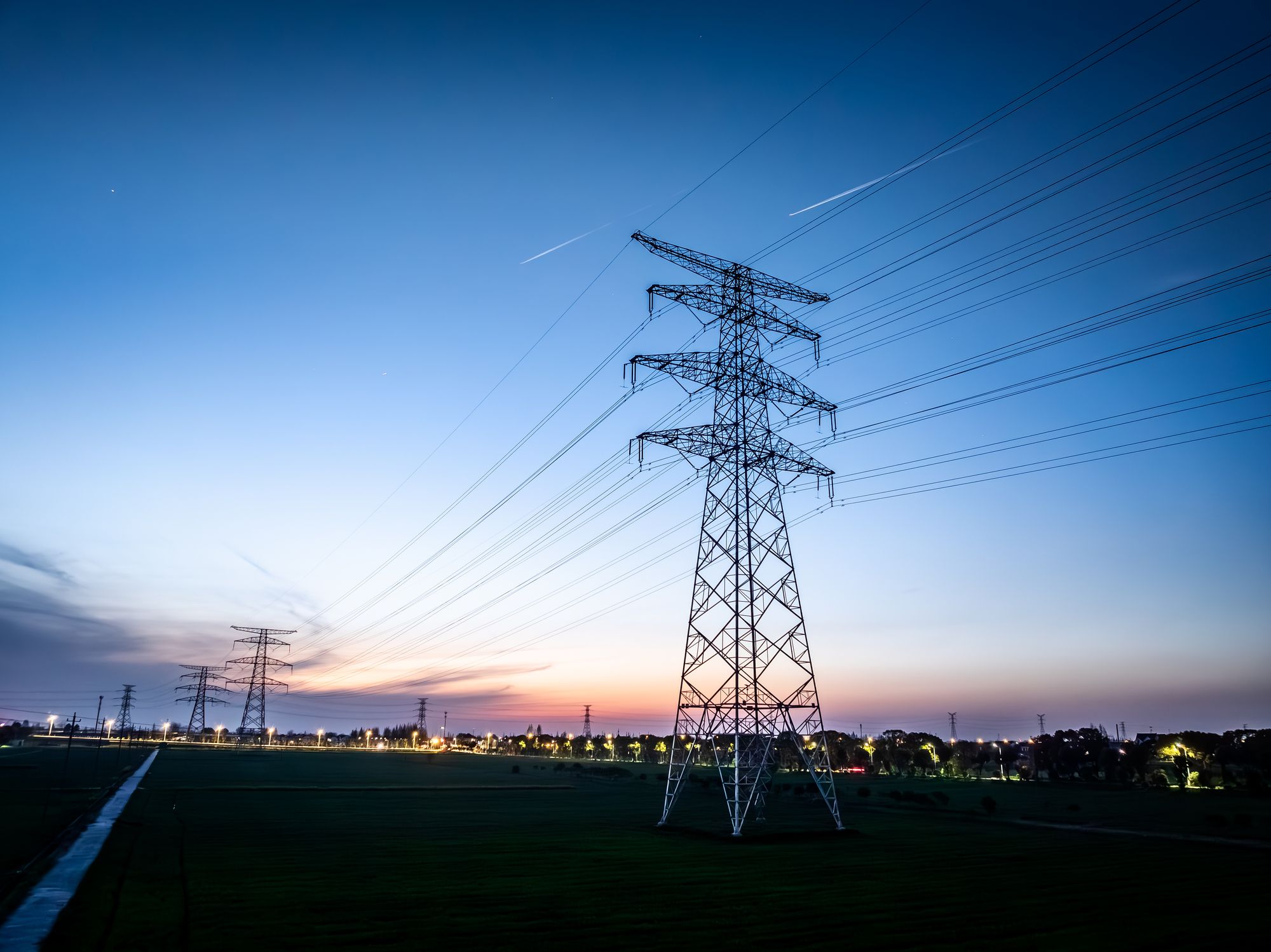Approval of Provisional Measure no. 1,304/2025 and implications for the power sector
The National Congress has approved the Conversion Bill resulting from Provisional Measure No. 1,304/2025 (“MP No. 1,304/25”), originally issued to curb the increase in electricity tariffs driven by the growth of sectoral subsidies and the mandatory contracting of thermal power plants. The text approved by both the Senate and the House of Representatives mirrors the version adopted by the joint committee and now awaits presidential approval, which has a deadline on November 24, 2025.
The MP No. 1,304/25 consolidates a broad set of structural changes in the Brazilian power sector, including the creation of a cap for the Energy Development Account (CDE), the gradual opening of the retail electricity market to residential and commercial consumers, regulatory adjustments for small hydropower plants (PCHs), tax incentives for battery energy storage systems (BESS), and new rules governing compensation for renewable curtailment.
CDE Cap and Subsidy Limitations
One of the central features of MP No. 1,304/25 is the establishment of an annual cap for the CDE, tied to the amount approved in the 2026 budget and adjusted for inflation. The cap prevents the inclusion of new subsidies that would exceed this limit and aims to mitigate tariff pressure caused by the rapid expansion of the CDE, which currently approaches R$ 50 billion.
All market agents, including free-market consumers and self-producers, will now share the expenses associated with the contracting of reserve capacity, promoting a more balanced distribution of system charges.
Retail Market Opening for Low-Voltage Consumers
The timeline is set to establish that industrial and commercial consumers may migrate to the ACL within two years of the law’s entry into force, and residential consumers may do so within three years.
The transition will require consumer education initiatives and regulatory development of the Last Resort Supply (SUI) mechanism, designed to ensure continuity of service in cases of supplier default or sudden withdrawal of the SUI.
Distributed Generation Preserved
The final text of MP No. 1,304/25 preserves acquired rights in distributed generation (DG), rejecting a proposal to impose an additional charge on new DG projects. Industry associations welcomed the decision, arguing that such a change would create a disincentive to the expansion of small-scale solar generation.
Incentives for Battery Energy Storage (BESS)
The measure grants tax exemptions for battery energy storage systems, including IPI (Excise Tax), PIS/COFINS (federal social contributions levied on a company’s gross revenue to finance Social Security, health, and welfare programs), and reduced import duties.
The incentives aim to accelerate BESS deployment in the National Interconnected System (SIN), reducing renewable energy spillage and improving system reliability.
Criticism and Controversies
While the measure was widely celebrated, it also drew criticism. A major point of contention was the authorization to extend coal-fired power plant contracts through 2040, considered by many experts and environmental groups to be a step backward.
Nevertheless, the political consensus was that the extension would support a gradual energy transition and prevent short-term tariff volatility.
Next Steps
The Conversion Bill arising from MP No. 1.304/2025, approved by the Congress, was entered into force by the Executive branch on November 24, 2025, becoming Law No. 15,269 of 24 November 2025, following Veto No. 42/2025. It is now up to Congress to deliberate on the presidential vetoes.
The Energy & Natural Resources Team at CMA remains available to provide further clarification on the matter.


Comentários